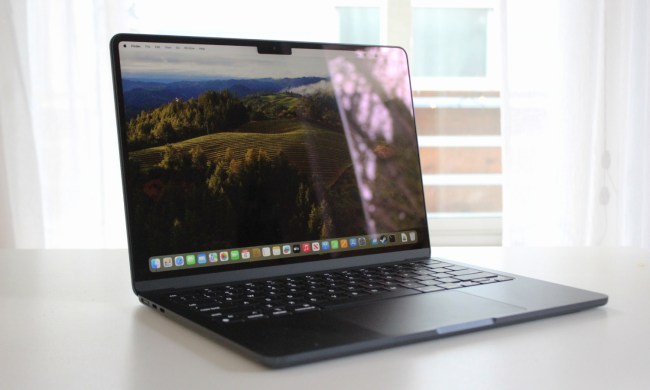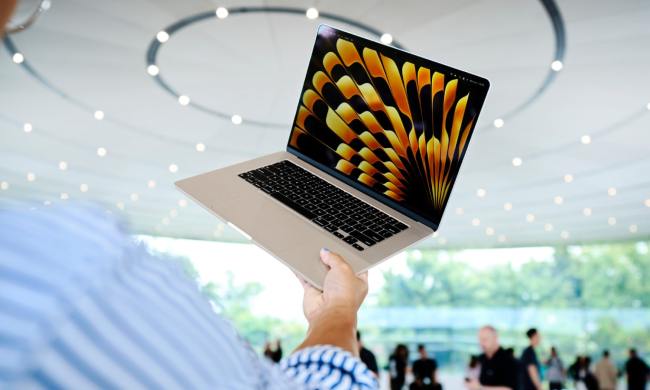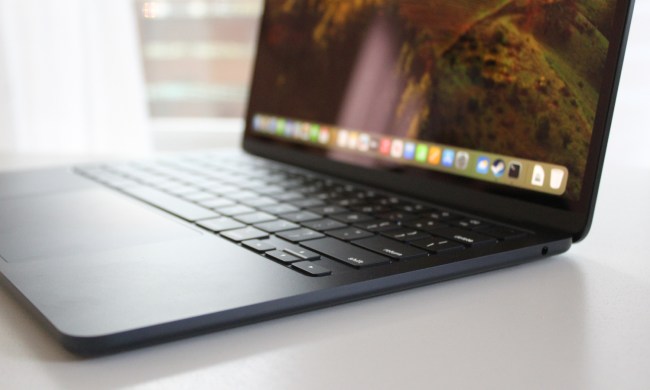Although mechanical switches are often considered the peak of keyboard development, the designs in use for the switches underneath the key-caps of even the world’s best keyboards are bulky. Perhaps it’s time that we had something new to try, and that’s what Apple might do with its future keyboards, as it’s patented a design that does away with the mechanical switch entirely.
Although the design seems built around the age-old QWERTY typewriter interface that we all still labor with, the keyboard would, instead of a switch, use what’s described as a “force sensor” to measure the impact of a user’s fingers. As AppleInsider describes it, it’s like creating a miniature force touchpad for each key.
But why would you use such a technology over tried and tested switches? For starters, a force activated key can be lower profile than traditional switch-based keyboards found on notebooks, and could therefore allow for a thinner laptop.
However what should perhaps get us more excited than losing another millimeter off of our notebook thickness – they’re already approaching paper thin, anyway – is the potential for increased function. Traditional keyboard switches are linear, they’re either on or off and while there are keys with tactile feedback for the actuation point, a force-based, switchless key would allow for varied inputs, much like Force Touch on the new iPhone 6S.
These keys, if utilized, would also be able to offer tactile feedback using the piezoelectric actuators that generate a mechanical force when a charge is applied. Theoretically, what the patent describes could deliver different feedback depending on the amount of pressure provided by the user.
Of course, we don’t know if Apple actually intends to use this design, as it did file the patent originally back in 2012, and we haven’t heard anything similar in the intervening years. But it would certainly be an interesting development if Apple did try and shake up the keyboard world.



